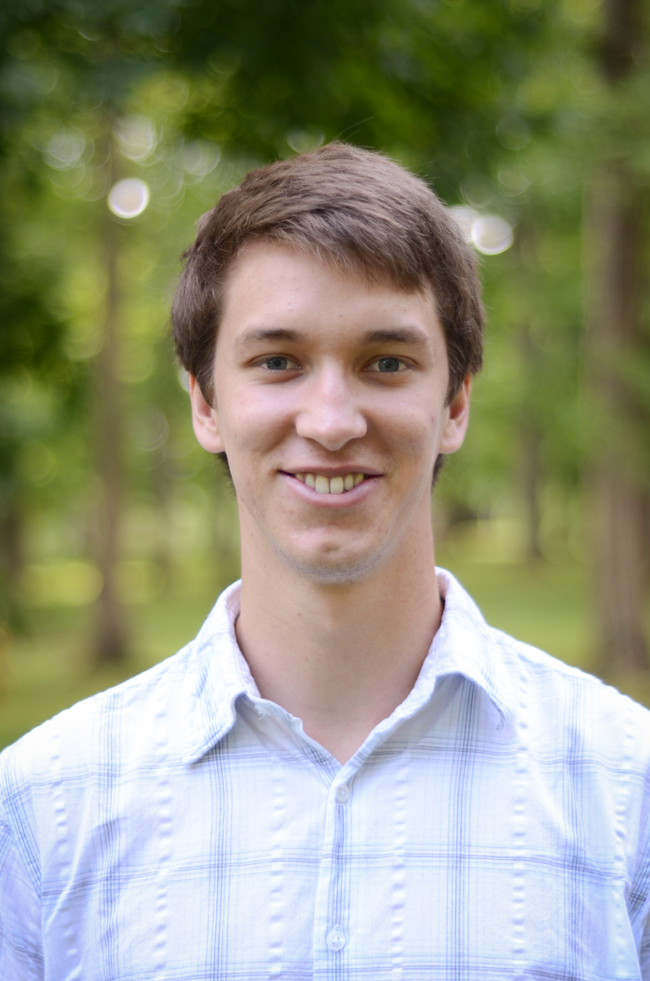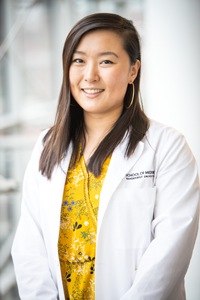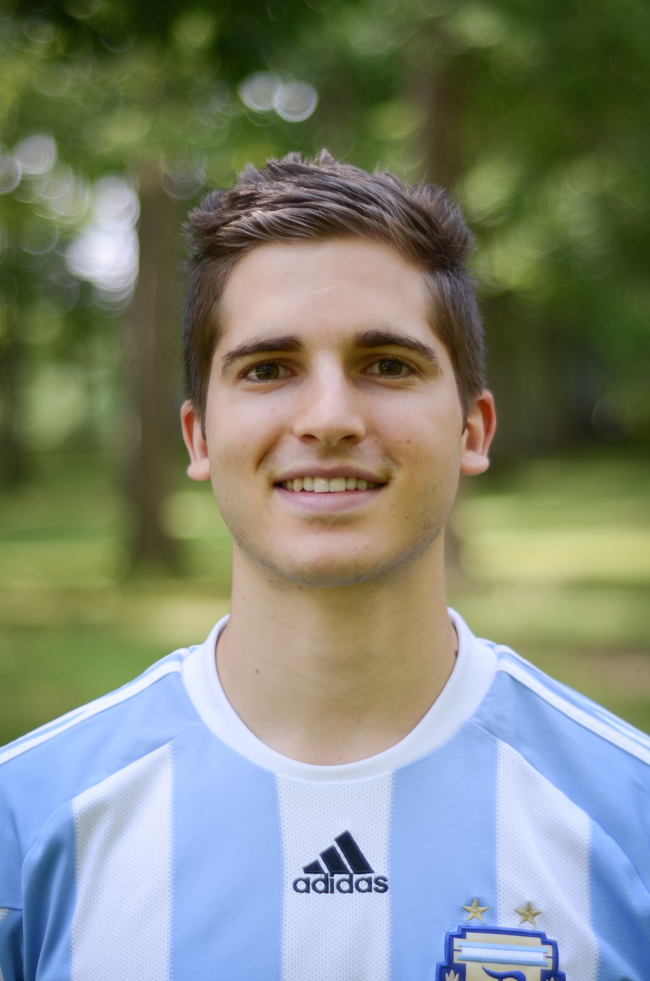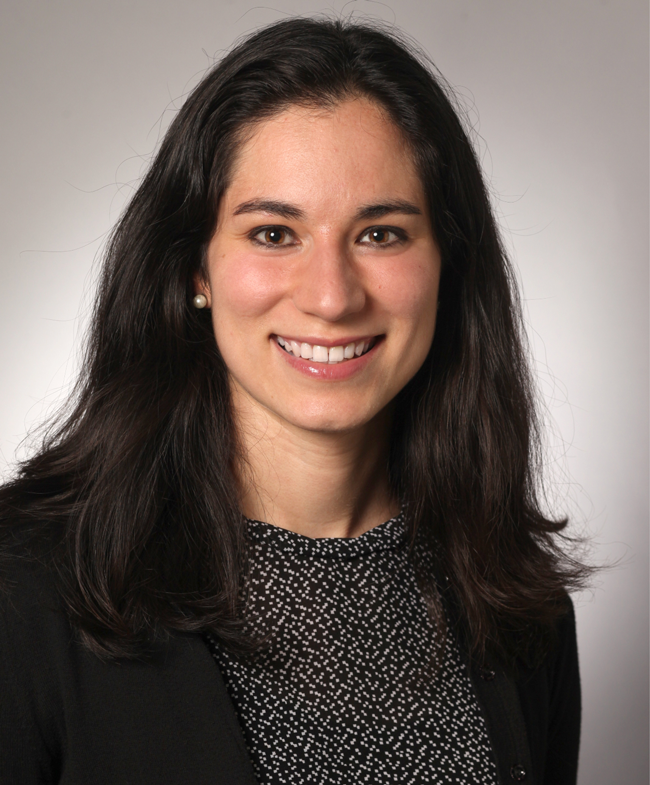MSTP Students share how they made their final MD PhD decisions
by Emma Mattson
You could say Acadia National Park convinced Matt Loberg to become a doctor.

Loberg, now an M2 in Vanderbilt’s Medical Scientist Training Program (MSTP), spent a summer during college doing research on bone marrow stem cells in Bar Harbor, a small town off the coast of Maine and part of the Acadia National Park. At the end of the summer, his PI invited him to come back after graduation, and he accepted.
“The summers were phenomenal,” Loberg said. “You just go and hike. Work, hike, work, hike. Then, the winter is crazy because it goes from a national park tourist destination to ghost town. Population: five thousand people. One bar open. Three feet of snow on the ground.”
The barren winters gave Loberg a lot of time to think about what he wanted to do with his life. He loved research, but he knew he didn’t want to be in a lab forever.
“I was really more interested in research that was going to be on the borderline of patient care,” Loberg said. “It looked like ultimately one of the best ways to be able to do that is to do a degree where I’m going to have dual training, with some medical experience as well as a PhD.”
Every year, thousands of students across the country decide to pursue an MD PhD, each for a unique reason. We spoke with MD PhD students across all years of our MSTP program to hear their stories and learn why they chose the physician scientist path.
Discovering the MD PhD Pathway

Like Loberg, M1 student Clara Si came to medicine because of her research experiences. As a classics and biochemistry double major in undergrad, Si loved collecting stories, both through her studies and through work in a biochemical lab.
“I felt like I was just taking all of these stories and I couldn’t really change any of their outcomes,” Si said. “Once I started looking at medicine more seriously, I realized that if I work as a physician scientist rather than just a researcher, that gives me the chance to take these stories and change how they can happen.”
G1 Juan Colazo took the opposite path, starting with medicine and gradually discovering his love for research. When he started receiving physical therapy for a soccer injury, the compassion he received from his doctor inspired him to look into the healthcare field. As an undergraduate in Canada, however, he wasn’t even aware that MD PhD programs existed.

“It’s definitely not a career path that is very much advertised [in Canada],” Colazo said. “It’s almost as if students have to pursue one or pursue both to finally learn that you can actually do both at the same time.”
Katherine Konvinse, now in her final year of the MD PhD program, says earning both degrees gave her invaluable skills she couldn’t have gotten otherwise.

“One of the questions that I got most often was, ‘There are a lot of MDs who do research. Why do an MD PhD program?’” Konvinse said. “And for me, graduate school was incredibly valuable. It taught me how to think as a scientist. It taught me to ask good questions. It kept me motivated by discovery and taught me real tangible skills: how to write grants, what a lab budget looks like.”
For M1 Candace Grisham, being a physician scientist is all about translation between the medical realm and the research realm.
“That’s what makes it a little different than just being a clinician or just doing research: it’s impossible for you to live your life as a physician scientist and not think translationally all the time,” Grisham said.
Learning and Growing in Vanderbilt’s MSTP
Over and over again, the students we talked to emphasized three reasons they chose Vanderbilt MSTP: the warm community, the supportive leadership, and the innovative curriculum.
While her MD PhD friends at other schools sometimes feel like a separate group from the rest of the MD students, Si says Vanderbilt’s community is much more integrated.
“Everyone is just so friendly with each other, and you don’t feel like you’re in a different program at all,” Si said. “We’re such a big proportion of the class that, even though it will be sad when our class leaves and we’ll still be here, we’ll still have a huge community around.”
Colazo recalls that, as soon as he stepped off the airplane, he felt like he belonged. Many students looking at MSTP programs examine the med school curriculum and the researchers who work at the institutions, but community was always an important factor for Colazo.
“These programs can be pretty long. You want to be with people that can motivate you and make you better, but also can let you relax and have fun and be yourself,” Colazo said. “And I felt that way at Vanderbilt.”
This community feel extends to leadership and administration as well, who support MSTP students in whichever path they choose, Si said.
“Everywhere else, they’re like, ‘We don’t really support you if you want to do surgery or if you want to do industry,’” Si said. “But here, the director explicitly said— and I talked about this with him in the interview — ‘Well, if you don’t become a surgeon scientist, who’s going to become one?’”
As for Vanderbilt’s Curriculum 2.0, Grisham reports that getting into clinical settings as soon as her second year helped her to think creatively about questions to investigate in a lab setting.
“For me as an engineer, looking at technologies and looking at therapeutics and seeing how some of the things can be optimized or the opening for new innovation– looking at that after I’ve already seen it in clinic is pretty valuable,” Grisham said. “And Vanderbilt’s one of the few institutions that does that.”
Konvinse said her clinical experience also helped her select a lab to spend her PhD years in.
“I picked a lab that directly worked with human subjects,” Konvinse said, “and if I was not nearly as comfortable being in a clinic and consenting patients, it would have been harder for me to join a lab that was so translational.”
As for Loberg, he’ll be starting his first research year this summer, and his long-term vision keeps the craziness of med school in perspective.
“The end goal is to be able to run my own research lab,” Loberg said, “but then also see patients in clinics one or two days a week. That would be an ideal outcome.”
Learn more about Vanderbilt MSTP at the MSTP website or connect with a current MSTP student at mdphd@vanderbilt.edu!